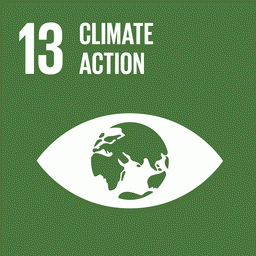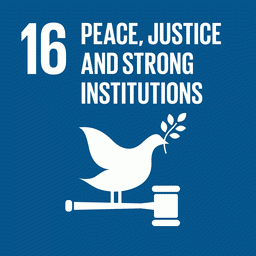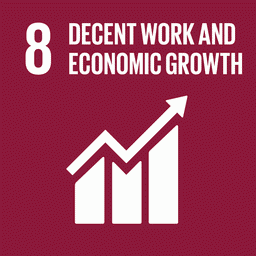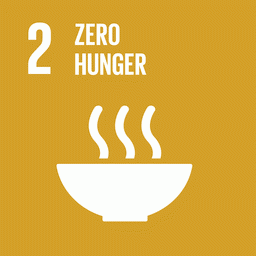Elisangela Trzeciak*
At Easter, a time of rebirth, sharing and hope, chocolate takes center stage in the celebrations. But behind every handmade truffle or egg, there is a story that often goes unnoticed: the story of those who plant, care for and transform cocoa into flavor. This Easter, I invite you to reflect: how about celebrating with more awareness, valuing not only the product, but also the hands that make it possible?
Before it reaches you in candy form, chocolate is born from the ground. On the ground in many places and communities, including the Amazon, where cocoa is cultivated with dedication, facing sun, rain, distances and challenges, by family farmers who make this a sustainable crop.
Each bean carries the effort of entire families who live off the land, with courage, dignity and the dream of a better future. It is in this context that the bioeconomy gains strength: by valuing local knowledge, the standing forest and the sustainable use of natural resources, cocoa cultivation becomes a real development strategy that respects the environment and generates income in the territory. Chocolate thus ceases to be just a product and becomes a symbol of a new possible economic model – one that is fairer, more inclusive and more connected to forest life.
In the Transamazon region, the largest cocoa production center in the state of Pará, many cooperatives, agro-industries and families are living examples that it is possible to produce with sustainability, environmental commitment and affection. The chocolate made by these hands is more than just flavor: it is resistance, unity and social transformation. Each bar reflects a model of life where cooperation replaces competition and the collective overcomes the individual.
Cocoa farming, the basis of everything that becomes chocolate, is also a symbol of rebirth. Just as Easter celebrates new beginnings, cocoa cultivation represents a return to hope for many farming families in the Amazon. Each crop bears not only fruit, but also the strength of those who resist, dream and transform the land into sustenance. Cooperativism, present in this process, reinforces this cycle of life: it unites communities, values female protagonism, strengthens traditional knowledge and sows the seeds of autonomy. It is in collectivity that change flourishes – and it is in working together that chocolate gains soul, meaning and purpose.
And the countryside, where it all begins, teaches us about time, cycles and care. It teaches us that, just as the land needs to be respected, we also need to respect those who work on it. Celebrating Easter responsibly is also a reminder of the importance of sustainability, forest preservation and conscious consumption.
That this Easter, when we taste chocolate, we can also taste what it represents: life, dignity and connection with the earth. Because valuing chocolate is, first and foremost, valuing those who plant the seed. And that, after all, is the true spirit of Easter. Recognizing others, sharing with love and building paths of hope.
Coordinator of the IPAM office in Altamira*
Cover photo Sara Leal, IPAM communications coordinator*



